Europe buys record levels of Russian gas to begin 2025, sending billions of dollars to the Kremlin
As 2025 kicks off, Europe is facing an unexpected development in its energy landscape: record levels of Russian natural gas imports. Despite years of political pressure to reduce reliance on Russian energy, the continent has found itself once again sending billions of dollars to the Kremlin for its gas supplies. This surge in purchases is raising eyebrows among energy analysts, politicians, and global observers, who are questioning the long-term implications of Europe’s energy strategy. The issue has sparked debate about the balance between energy security, geopolitical tensions, and Europe’s shifting relationship with Russia. Here’s an in-depth look at the current situation and what it means for Europe and the global energy market.
The Energy Crisis and Europe’s Dependence on Russian Gas
Europe’s energy crisis, exacerbated by the ongoing geopolitical tension with Russia, has led to increased dependence on Russian natural gas. The continent’s reliance on Russian energy sources has been a long-standing issue, but after Russia’s invasion of Ukraine in 2022, European nations made significant efforts to diversify their energy supplies. Sanctions were imposed on Russia, and efforts were made to move away from Russian oil and gas in favor of renewable energy and alternative suppliers.
However, despite these efforts, Europe still finds itself turning to Russian gas. High demand, especially during the winter months, has driven up prices, prompting European countries to return to familiar suppliers to meet their energy needs. The volume of gas imports from Russia has surged, sending billions of dollars into the coffers of the Kremlin. This marks a significant reversal from the European Union’s original goal of weaning itself off Russian energy.
The Financial Impact on Russia and Europe
The purchase of record amounts of Russian gas has had a profound financial impact, both for Russia and Europe. For the Kremlin, the influx of billions of dollars from gas sales provides an economic lifeline, allowing it to continue funding its government operations, military activities, and political initiatives. This financial windfall is particularly crucial given the ongoing international sanctions aimed at weakening Russia’s economy.
For Europe, however, the situation is more complex. On one hand, buying Russian gas helps ensure that energy demands are met during a critical period. On the other hand, these purchases undermine the continent’s efforts to cut financial ties with Russia and reduce its political leverage. Critics argue that Europe’s reliance on Russian gas gives the Kremlin a powerful tool to influence European policy and global markets, making it difficult for European nations to take a unified stance on broader geopolitical issues.
The Geopolitical Dilemma: Energy Security vs. Political Pressure
The sharp increase in Russian gas purchases highlights a key dilemma facing Europe: how to balance energy security with political considerations. European nations are under significant pressure to reduce their reliance on Russian energy, especially as the war in Ukraine continues to reshape the global political landscape. At the same time, many European countries are struggling with the consequences of energy shortages and high prices, which have driven them to secure the most reliable and affordable energy sources available.
This geopolitical dilemma has created a situation where countries like Germany, Italy, and Hungary, which are highly dependent on natural gas for their industrial and residential energy needs, are reluctant to completely sever ties with Russia. While some countries, such as Poland and the Baltic states, have taken a firmer stance on cutting off Russian energy imports, others have been less willing to do so. The result is a fragmented approach to energy policy that complicates Europe’s ability to present a unified front against Russia.
Record Gas Imports and Europe’s Energy Transition Challenges
The record-breaking import levels of Russian gas in early 2025 also underscore the challenges Europe faces in transitioning to renewable energy. While the European Union has made significant strides in promoting green energy, including investments in wind, solar, and hydrogen technologies, the transition is far from complete. The reliance on fossil fuels, especially natural gas, remains entrenched in Europe’s energy mix, and alternative energy sources have not yet been able to fully replace the vast quantities of gas required for heating, electricity generation, and industrial processes.
In addition to renewable energy, Europe has been looking to other suppliers, such as the United States and Qatar, to diversify its gas imports. However, these alternative sources come with their own set of challenges, including higher costs and logistical hurdles. The infrastructure required to support large-scale imports of liquefied natural gas (LNG) is still being developed, and the continent’s ability to rapidly ramp up imports from non-Russian sources has been limited.
Despite these challenges, European leaders are determined to accelerate the transition to green energy, with goals to reach net-zero emissions by 2050. The ongoing reliance on Russian gas, however, complicates these efforts and highlights the complex balancing act between achieving energy security and reducing dependence on fossil fuels.
The Future of Europe’s Relationship with Russia
The ongoing purchase of Russian gas at record levels raises important questions about the future of Europe’s relationship with Russia. While some European nations have called for an end to Russian energy imports as part of broader sanctions, others argue that a complete cutoff could lead to severe economic and social consequences. As Europe’s largest supplier of natural gas, Russia remains a dominant force in the region’s energy landscape, and its influence over energy prices and supply remains significant.
Looking ahead, it is unclear how European nations will navigate this delicate relationship with Russia. Efforts to reduce reliance on Russian energy will continue, but the pace of change may be slower than many had hoped. Additionally, any future shifts in Europe’s energy policy will likely need to take into account the broader geopolitical context, including Russia’s ongoing role in global energy markets and its actions on the international stage.
The Role of Global Energy Markets in Europe’s Gas Imports
The global energy market plays a crucial role in shaping Europe’s gas imports. As demand for natural gas rises worldwide, prices can fluctuate dramatically, affecting the cost of energy for European consumers and businesses. While Europe has been actively seeking alternative suppliers to reduce its dependence on Russia, global competition for gas has intensified. Countries like China and India have increased their demand for liquefied natural gas (LNG), further driving up prices and creating challenges for European energy procurement.
The ongoing volatility in energy markets means that Europe may continue to be dependent on Russian gas in the short to medium term. However, with a concerted effort to diversify energy sources and increase domestic production of renewables, Europe could eventually reduce its reliance on Russian gas. In the meantime, geopolitical tensions and the interplay of global supply and demand will continue to shape Europe’s energy policies.
In Conclusion
Europe’s decision to buy record levels of Russian gas as 2025 begins is a stark reminder of the complexities of energy security and geopolitical tensions. While these purchases provide critical energy supplies during a challenging period, they also expose the continent’s ongoing dependence on Russia, complicating efforts to reduce financial ties with the Kremlin.
As Europe navigates this delicate situation, the challenge will be to balance short-term energy needs with long-term goals of energy diversification, sustainability, and reducing geopolitical vulnerabilities. The coming years will likely see continued efforts to transition to greener energy sources, but how Europe manages its relationship with Russia and its dependence on gas will remain a key issue in global energy discussions.
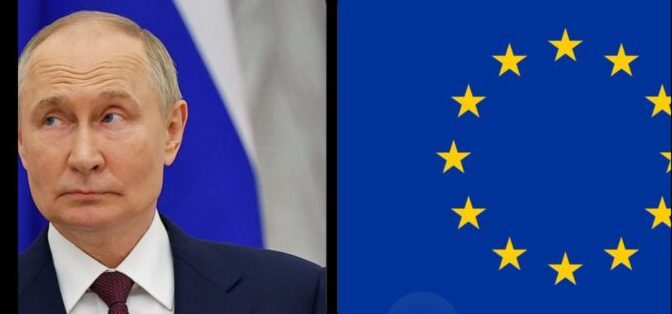
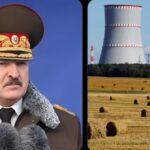
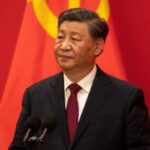
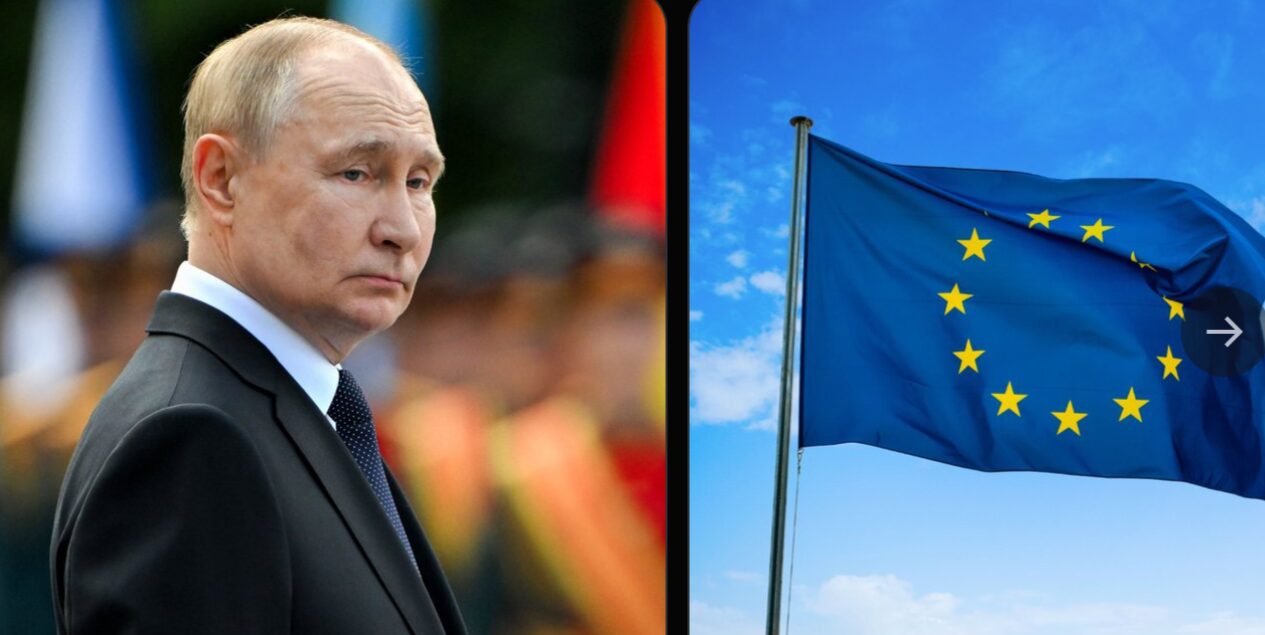
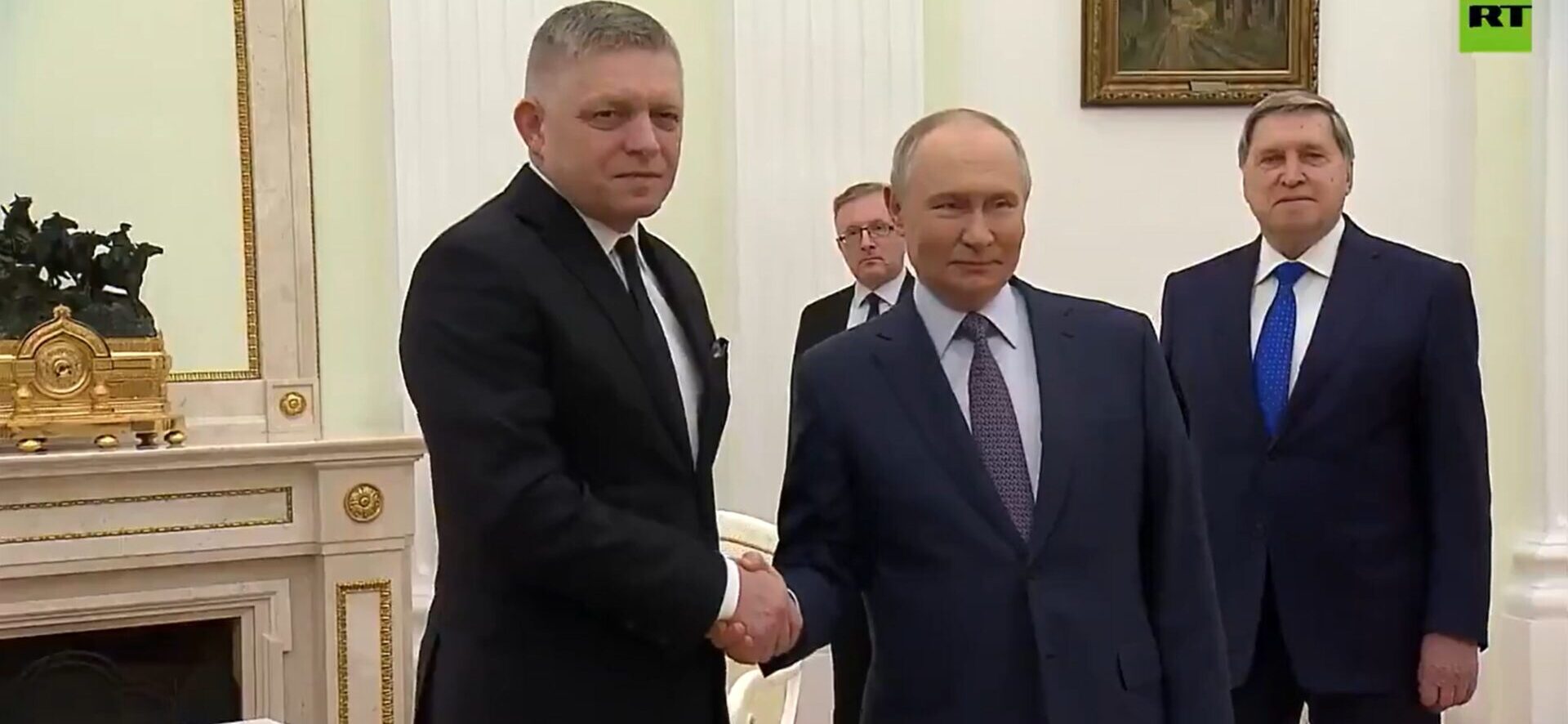

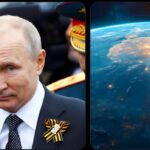










Post Comment